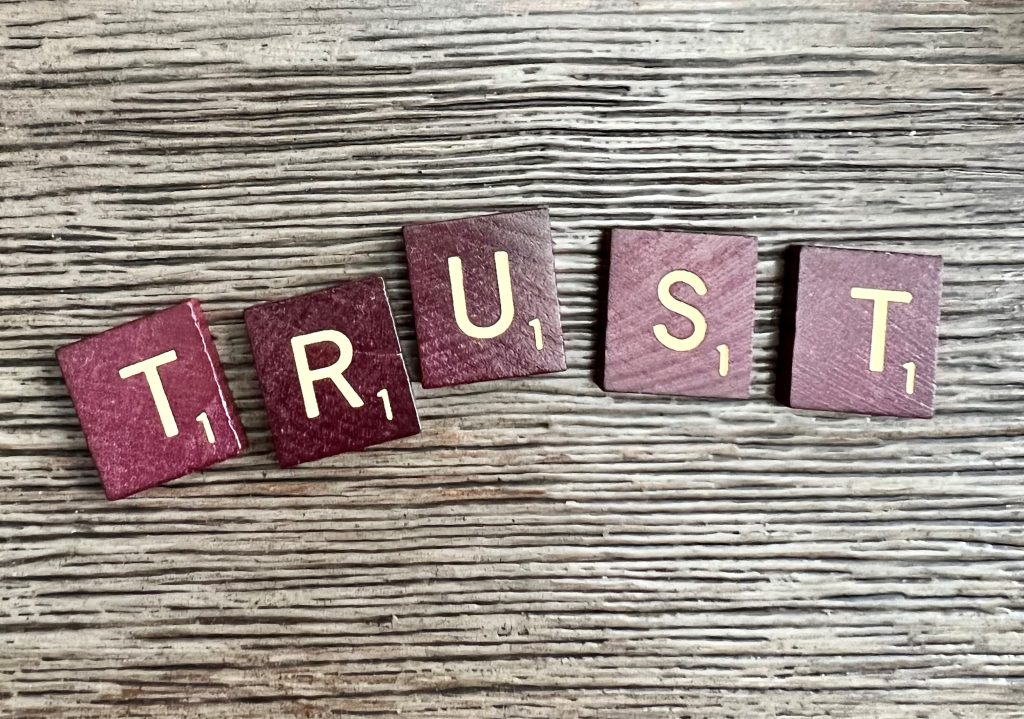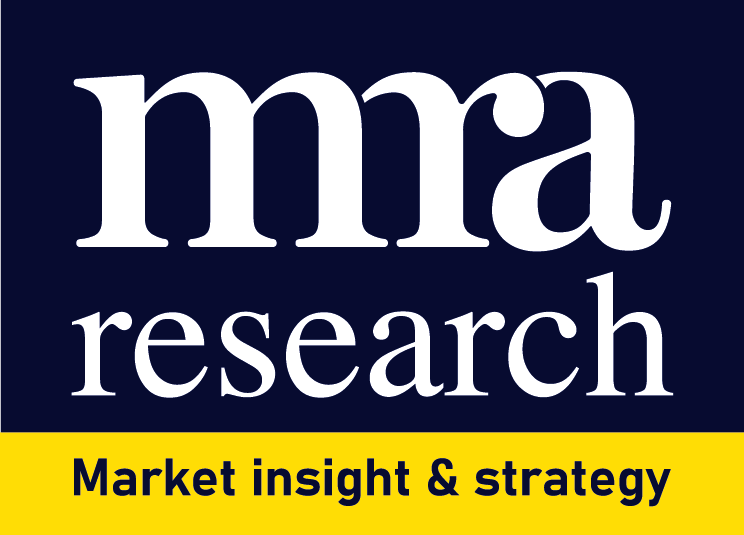Keeping your eye on trust
 Trust underpins customer relationships, competitive advantage and the value of your business, but who really thinks about it until it’s damaged or lost. Yet trust can easily be measured, monitored and managed at relatively little cost, says Mike Rigby, CEO of MRA Research.
Trust underpins customer relationships, competitive advantage and the value of your business, but who really thinks about it until it’s damaged or lost. Yet trust can easily be measured, monitored and managed at relatively little cost, says Mike Rigby, CEO of MRA Research.
We live in a world of growing distrust. Trust in politicians, police, bankers and media is low and declining. Business leaders are seen as increasingly untrustworthy.
According to Ipsos, across 28 nations around the world about 59% of people rate doctors as trustworthy, but only 12% trust politicians. One in four trust business leaders.
That’s bad because trust is essential to building a business. With it, you can turn one-off buyers into repeat customers: 81% of consumers say trust is a deciding factor.
To understand why, we need to remember the origins of branding.
During the 18th and 19th centuries, the Industrial Revolution made it quicker and cheaper to make products, but often at the expense of quality, health and lives.
To differentiate their goods from items of inferior quality, manufacturers branded their products. The brand became a mark of quality, safety and confidence, a sign their company could be trusted to meet expectations.
In 2008, as China went through its industrial revolution, 22 companies were caught adulterating infant formula with melamine to artificially boost protein levels and pass nutrition tests. 300,000 children were poisoned. Six babies died. Along with other scandals, it reinforced the Chinese love of classic western brands.
By the start of the twentieth century, brands such as Coca Cola, Mercedes, Chanel and LEGO had been founded. Their investment in trust paid off with a stream of high margin earnings to this day.
But as legendary investor Warren Buffet said: “It takes 20 years to build a reputation and five minutes to ruin it.” And even apparently reputable brands take risks and get it wrong.
In 2015, Volkswagen admitted that 11mn of its cars had software that was designed to cheat emissions testing. Cars with these ‘defeat devices’ emitted up to 40 times the legal limit of nitrogen dioxide on the road. At the last count, the cumulative cost of the scandal to VW was more than 26 billion euros.
In 2017, Kobe Steel, Japan’s third largest steel maker admitted to fabricating the strength and quality data of its steel. Its customer base includes Boeing, Toyota and General Motors. It transpired that data cheating had been going on at Kobe Steel since the 1970s.
The falsifying of product and test data had more serious consequences in Grenfell. Research shows that many specifiers will never again touch previously admired building product brands with a bargepole. The commercial consequences are still unfolding.
Those are extreme examples, but to what extent do your customers trust your claims and promises? That your product or service will perform as expected? It’s their reputation on the line if they specify, commission or install it and it doesn’t go well.
Do your customers trust you will have the products they want when they need them, onsite as expected, or will they waste time and money waiting for it to be delivered?
We have come full circle, back to the birth of brands when people needed the reassurance they could trust a brand’s claims and promises. The difference is that in a world of growing distrust, a recognised brand is no longer enough to establish trust. Brands need to constantly prove it, and that means measuring, monitoring and managing them so they deliver for customers and perform for brand owners.
If you want help measuring and monitoring trust in your brand to better manage it, email Yvette Kirk at yvette@mra-research.co.uk.
